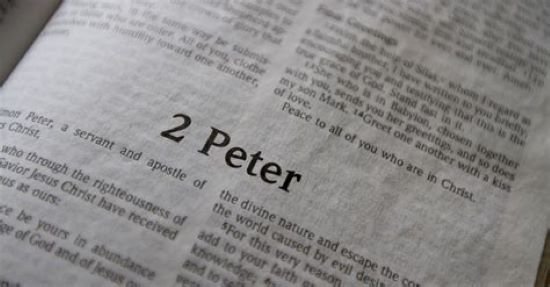Reformed Christians affirm without hesitation that the doctrine of justification is the article of faith by which the church stands or falls. Although the oft-cited comment is attributed to Martin Luther, it was actually a Reformed theologian, J. H. Alsted (1588-1638), who first put these words to paper–echoing Martin Luther in doing so.
The reason why the doctrine of justification by grace alone, through faith alone, on account of Christ alone, is important is because it is so closely tied to the gospel and the saving work of Jesus Christ. If we do not understand how it is that we as sinners are declared to be righteous before a holy God (which is what it means to be “justified”), we may not only misunderstand the gospel–and therefore risk standing before God on the day of judgment expecting that our own righteousness will be sufficient–but we will miss out on the wonderful comfort which this doctrine provides for us.
The good news of the gospel is that through faith, our sin has been reckoned to Christ, and Christ’s righteousness has been reckoned to us (Romans 5:12, 18-19). But now we possess the greatest gift imaginable, a conscience free from fear, terror, and dread (2 Tim. 4:18). The knowledge that our sins are forgiven and that God is as pleased with us every bit as much as he is with his own dear Son (2 Corinthians 5:21), not only quiets our conscience and creates a wonderful sense of joy and well-being, but it also provides powerful motivation to live a life of gratitude before God (2 Corinthians 1:3-7). A proper understanding of this doctrine is the only way we will be able to give all glory and thanks to God, which is the ultimate goal of our justification.
To read the rest, follow the link below
Read More










